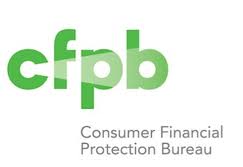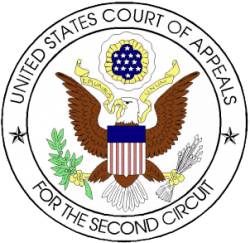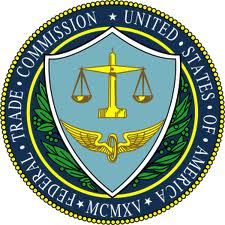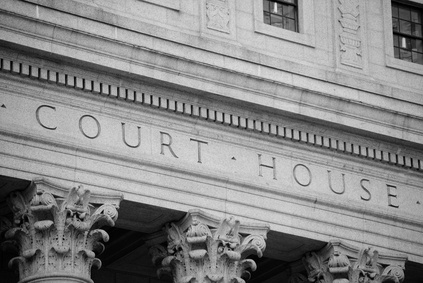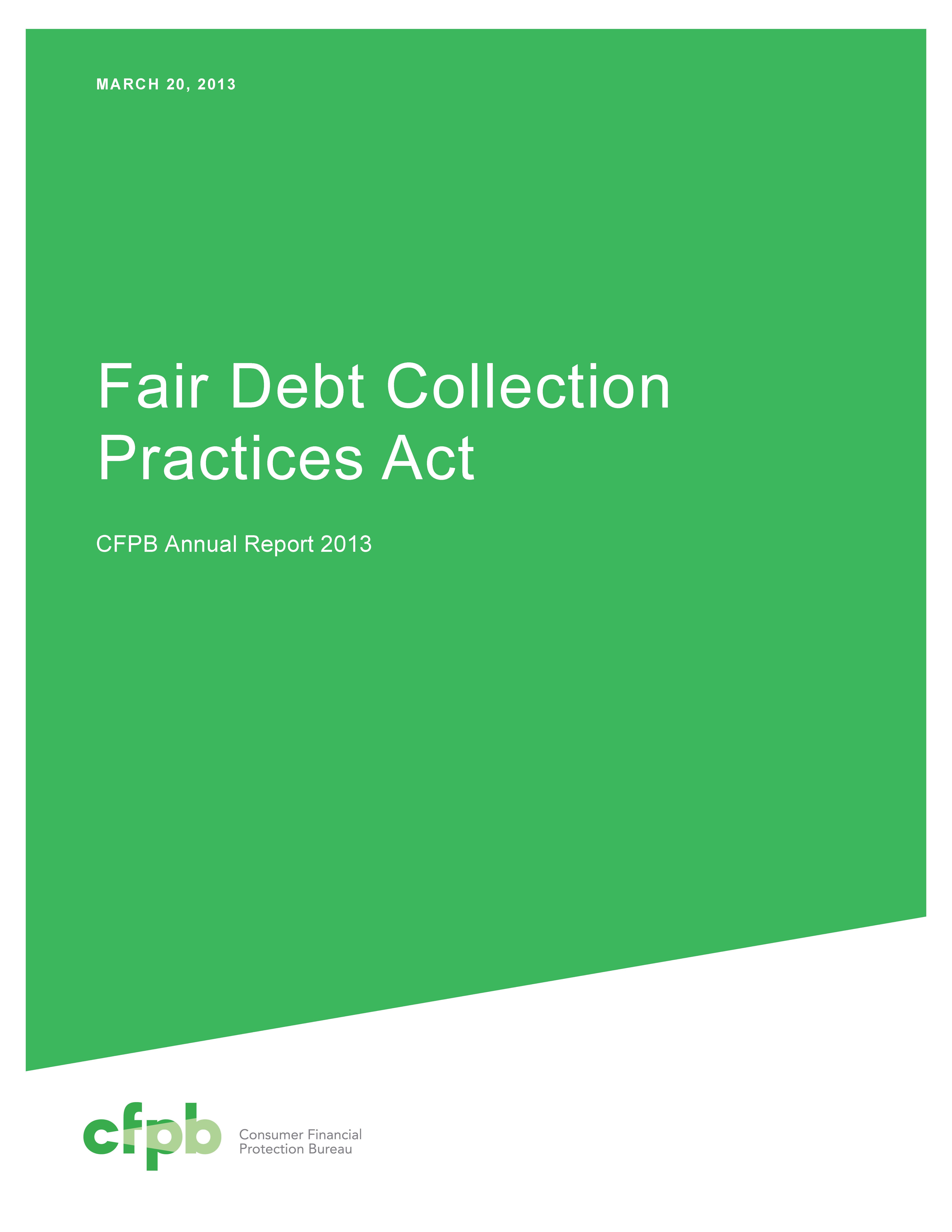2013 brought some significant developments to consumer financial services law. It began early with a favorable Fair Debt Collection Practices Act decision from the U.S. Supreme Court, followed by several interesting Telephone Consumer Protection Act decisions. But what really set the year apart was the activity we saw from federal regulators. Here’s my list of some of the most significant developments from around the country, which will likely impact 2014. U.S. Supreme Court The year began with the Supreme Court’s decision in Marx v. General Revenue. The Supreme Court held that a plaintiff who is unsuccessful in a claim brought under…
Posts published in “FDCPA”
Fair Debt Collection Practices Act
The comment period for the Advance Notice of Proposed Rulemaking concerning the Fair Debt Collection Practices Act has been extended to February 28. Several organizations, including the National Association of Retail Collection Attorneys, had made requests for the extension. We will be presenting a free webinar on the “Repositories” questions posed in the ANPR on January 22. You can find out more about the webinar and how to register here.
I’ll be heading to Park City, Utah this weekend for the Winter Meeting of the American Bar Association’s Consumer Financial Services Committee. The focus of the CFSC is on all things in consumer financial services law — payment systems, deposit accounts, fair lending and yes, debt collection. This meeting is going to feature several panel discussions with officials from the Consumer Financial Protection Bureau and the Federal Trade Commission along with well-known consumer advocates all discussing issues surrounding debt collection. Enforcement actions, the recent ANPR, TCPA litigation and CFPB regulation of attorneys are among the topics we’ll cover. As always, this…
The Consumer Financial Protection Bureau announced today it is seeking comment from the public about debt collection practices as the bureau considers new rules designed to protect consumers “without imposing unnecessary burdens” on the industry, according to the CFPB. The CFPB is gathering information from all sources — consumers, advocates and industry representatives — on a range of issues, including the accuracy of information used by debt collectors, how informed consumers are about their rights, and the methods collectors use to recover their debts. Regarding information accuracy, the CFPB is seeking comments about whether collectors have the correct person, the correct amount and the correct documentation when collecting a debt. The bureau also wants to…
Yesterday JP Morgan Chase Bank, N.A. and certain of its affiliates entered into a sweeping consent order with the Office of the Comptroller of the Currency covering its practices for collecting debt, as well as the practices used by its third-party service providers, including lawyers. According to the consent order (available here), the bank, among other things: caused affidavits to be filed in court where the affiant did not have personal knowledge of the assertions made or had reviewed the relevant books and records; allowed the filing of “inaccurate sworn documents” that resulted in judgments with financial errors in favor of…
Earlier this month, a Judge in the Eastern District of New York granted summary judgment to a defendant on technical e(11) violations finding that “his grievance is not merely meritless, it is frivolous.”[1] In his decision, the Judge reiterated an observation that he had made seven years ago describing a rising tide of FDCPA complaints brought by a “cottage industry” of “professional plaintiffs” who file suits for violations of the FDCPA.[2] In this case, the Plaintiff called the Defendant’s office and heard a recorded message identifying the Defendant as a debt collector and informing the Plaintiff that its communications were attempts…
The Second Circuit’s recent decision in Hooks v. Forman[ref]Hooks v. Forman, Holt, Eliades and Ravin, LLC, 12-3639 (2nd. Cir. May 29, 2013). A copy of the decision is available here.[/ref] has received quite a bit of attention since it was handed down May 29. The case held that a disclosure made pursuant to 1692g(a) violated the Fair Debt Collection Practices Act when it instructed the recipient of the letter that if she wished to dispute the debt, she could only do so in writing. The decision recognized that under section 1692g, some disputes can be verbal. It also recognized that under other sections (particularly…
I will be attending a joint FTC-CFPB roundtable on data integrity in debt collection on June 6, at the FTC’s Satellite Building Conference Center in Washington, D.C. Consumer advocates, industry experts, regulators and more will attend the roundtable to discuss what information is available to collectors and how it is being used in the debt collection process. Panelists will also examine the verification of disputed debts under the FDCPA and FCRA; debt collection litigation and time-barred debts.
In today’s FDCPA Decision of the Day, a United States District Court for the District of New Jersey held that an attorney’s letterhead, standing alone, is not an implied threat of litigation. The Plaintiff, a New Jersey resident, claimed that the defendant, a Georgia law firm, violated section 1692e(5) of the FDCPA (prohibiting “[a] threat to take any action that cannot legally be taken or that is not intended to be taken”) when it sent him a dunning letter. The basis for the claim was that the Georgia law firm could not file a lawsuit because none of its attorneys were licensed in New Jersey. “It is…
The Consumer Financial Protection Bureau today released its Annual Report to Congress on the Fair Debt Collection Practices Act (“FDCPA”). The Report outlines the consumer complaints received by the Bureau and the Federal Trade Commission relating to FDCPA practices, the Bureau’s efforts in supervising persons subject to the FDCPA, its enforcement, education and outreach efforts and its research and policy initiatives. A chapter is also devoted to the cooperative efforts of the Bureau and the FTC. Technology has played a role in making debt collection more efficient and compliant, the Report found. At the same time, “abuses still exist and the industry remains a top…
In this March 6 decision from the U.S. District Court from the Northern District of Illinois, the court enters judgment dismissing a putative class action, holding that an assignment of only the rights to collect and sue on a debt is sufficient for purposes of §8(b) of the Illinois Collection Agency Act. Hat tip to Katrina Christakis of Pilgrim Christakis LLP in Chicago.
Those of us who engage in consumer financial services defense work are often not surprised to see some awfully strange situations on the plaintiff side of the aisle. But it recently got very strange in a case out of the United States District Court for the Northern District of Texas, as you can read below. Hat tip to Manny Newburger of Barron & Newburger, P.C. in Austin, Texas.


